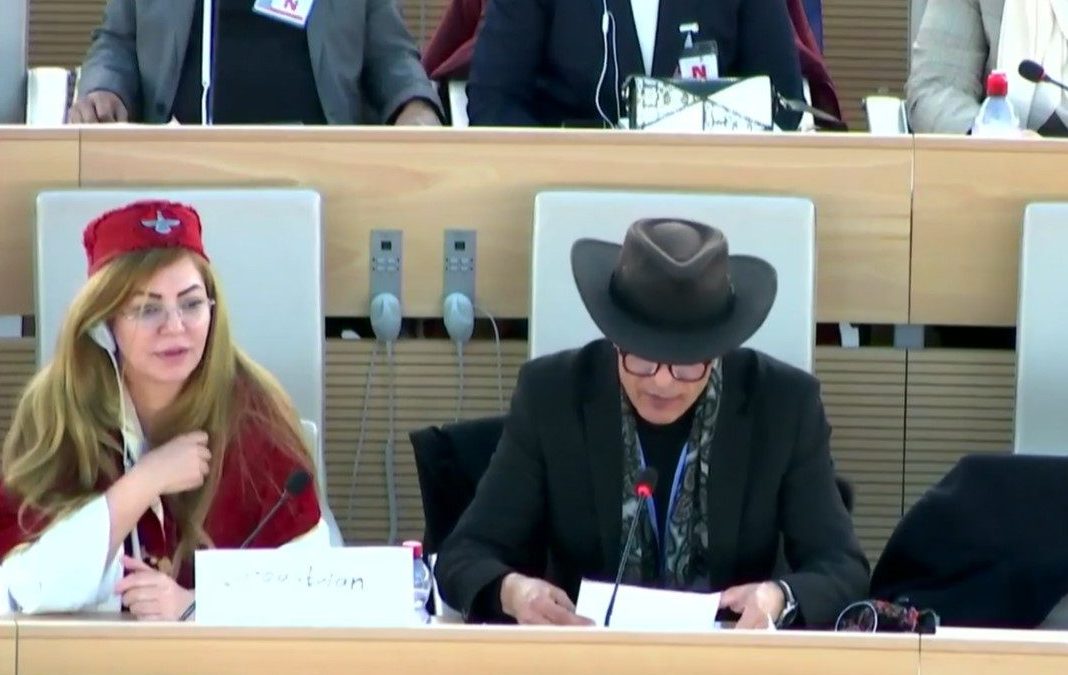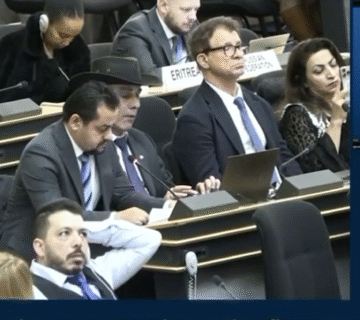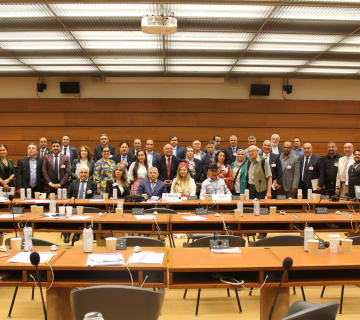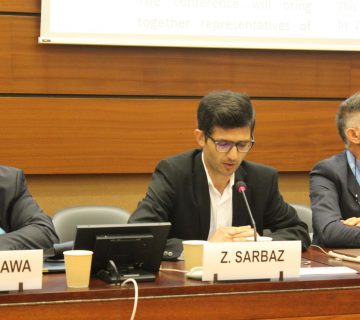ladies and gentlemen
dear participants Declaration of Nations,
As a representative of the Geneva Institute for Coexistence, I would like to address you a short speech on the occasion of the fifteenth session of the Forum on Minority Issues,
This year we celebrate the thirtieth anniversary of the United Nations Declaration on the Rights of Minorities and Indigenous Peoples. It was in December 2007, albeit belatedly, that the High Commissioner for Human Rights adopted the United Nations Declaration on the Rights of Indigenous Peoples during the 33rd session of the Human Rights Council. This declaration is the result of more than twenty years of talks and negotiations between representatives of central governments and indigenous peoples or minorities present in various countries around the world. It is, of course, as the High Commissioner reminds us, of a great forward momentum in the area of minority rights in particular and a triumph for justice and human dignity more generally.
It must be said that despite the reluctance of certain States and the total or partial non-respect of this declaration in certain regions of the world, it remains a relatively complete legal basis in international law. However, it should be noted that the rights of indigenous peoples and the minimum standards for their recognition, protection and promotion are still largely flouted or even totally denied in some countries. It is sad to note that even today, in 2022, there are still States that see the rights of minorities and indigenous peoples as a threat to national unity and their territorial integrity. These states fail to realize that it is precisely the denial of recognition of their existence and the non-respect of their most fundamental rights that break national unity. The denigration of minorities and indigenous peoples takes various forms and is sometimes very subtle; denial of their rights
policies, linguistic non-recognition in its various facets, the inequitable sharing of natural resources and wealth, the denial of their most basic social rights
The Geneva Institute for Coexistence aims to collaborate in the establishment on a universal scale but also on a national scale in different countries of standards of a minimum framework to guarantee the survival, dignity, well-being and the rights of the world’s indigenous peoples. We are convinced that taxation is bad in all circumstances and that no State can find serenity and national unity as long as individual and collective rights, cultural and identity rights, the rights to education, health, employment, language, etc. are not guaranteed and applied in their entirety. Only cooperative relations based on mutual respect without the logic of majority-minority between States and indigenous peoples guaranteeing their right to preserve their specificities and to define their own priorities in terms of economic, social and cultural development, lead to a peaceful and harmonious coexistence for all. This is why our Institute fights against all forms of discrimination against indigenous peoples and encourages their full and effective participation in the examination of all issues that concern them.
Thanks
Geneva Institute for Coexistence
Non-Governmental Organization
SARBAZ KARDO





لا تعليق